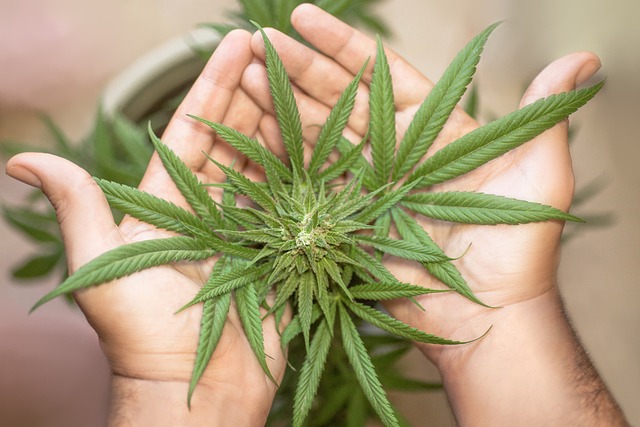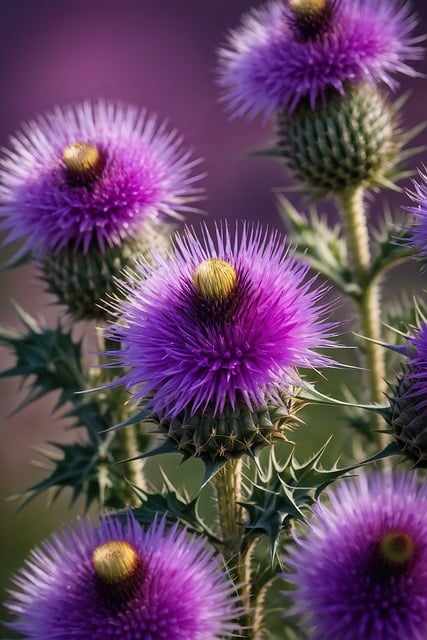2020 saw Alaska take a progressive step forward by legalizing THCA flower, a non-psychoactive compound found in cannabis that has garnered attention for its therapeutic potential without the psychoactive effects of Delta-9 THC. This move has positioned Alaska as a leader in exploring the benefits of THCA, with consumers interested in its anti-inflammatory and pain-relieving properties. The market response has been robust, with retailers reporting significant increases in sales for THCA flower products. THCA's legal status in Alaska is unique, allowing it to be included in both medical and adult-use cannabis products, provided they adhere to the state's regulations regarding cultivation, processing, and sales. These regulations ensure consumer safety and compliance with legal THC content limits. The state's progressive approach reflects a broader interest in understanding and utilizing the full spectrum of cannabinoids for health and wellness within a regulated framework.
Exploring the nuances of THCA flower, an emerging non-psychoactive cannabinoid gaining traction in Alaska’s legal landscape, this comprehensive article delves into its scientific properties, potential health benefits, and the intricacies of its cultivation. As interest in THCA flourishes within the state, where it is legally permissible, we navigate the evolving market for these products, providing insightful guidance for both growers and consumers. From understanding how THCA differs from its psychoactive counterpart, THC, to preparation and consumption methods that unlock its full potential, this article serves as an authoritative resource on the subject. With a focus on safety, dosage, and interactions, we also cast an eye towards the future of THCA research and regulation, highlighting Alaska’s pivotal role in shaping the industry’s trajectory.
- THCA Flower's Rise in Popularity Amidst Legal Landscape in Alaska
- Understanding THCA: The Non-Psychoactive Precursor to THC
THCA Flower's Rise in Popularity Amidst Legal Landscape in Alaska

In recent years, THCA flower has gained significant traction among consumers and enthusiasts in Alaska, a state that has embraced cannabis-related products within a legal framework. The passage of ballot Measure 2 in 2020 allowed adults to possess, grow, and gift cannabis for both medicinal and adult recreational use, paving the way for THCA flower’s rise in popularity. This legal shift has enabled businesses to sell THCA-rich products legally, which contain the raw acidic form of THC found in the cannabis plant. Unlike its psychoactive counterpart, Delta-9 THC, THCA is non-psychoactive and offers a range of potential therapeutic benefits without the ‘high’ associated with traditional cannabis consumption. As a result, consumers in Alaska are increasingly seeking out THCA flower for its wellness properties, including pain relief, anti-inflammatory effects, and as a potential treatment for various conditions where medical marijuana is recommended. The unique characteristics of THCA flower have not only captured the interest of local users but have also attracted a national spotlight on its uses and benefits, further solidifying its position in Alaska’s cannabis market. Retailers specializing in cannabis products report an uptick in sales for THCA flower products, highlighting a clear consumer preference for this particular form of cannabinoid. As the legal landscape continues to evolve, THCA flower is set to play a significant role in the ongoing narrative of cannabis wellness in Alaska.
Understanding THCA: The Non-Psychoactive Precursor to THC

Cannabis enthusiasts and researchers alike have long been intrigued by the potential of THCA, or tetrahydrocannabinolic acid, a non-psychoactive precursor to the well-known psychoactive compound THC. THCA is found in raw cannabis plants and undergoes decarboxylation—a process involving the application of heat—to transform into THC. This transformation activates the psychoactive properties that characterize the ‘high’ associated with cannabis consumption.
In the context of legal status, THCA holds a unique position, particularly in jurisdictions like Alaska. Here, THCA is subject to regulatory frameworks that govern both medical and adult-use cannabis. In Alaska, where cannabis laws are relatively progressive, THCA-rich products can be legally sold and consumed, provided they adhere to the state’s regulations. These regulations dictate cultivation, processing, and sales standards, ensuring consumer safety and compliance with legal thresholds for THC content. Understanding the nuances of THCA and its conversion to THC is crucial for both consumers seeking specific effects and manufacturers aiming to produce consistent and legal products in this northernmost state where cannabis has been decriminalized.
2023 has marked a pivotal year for the THCA flower, with its rising popularity coinciding with the evolving legal landscape in Alaska. This article has shed light on the non-psychoactive compound’s potential and the reasons behind its growing appeal among consumers seeking wellness benefits without the intoxicating effects of delta-9-THC. As we navigate this emerging market, it’s clear that THCA’s legality in Alaska positions the state as a front runner in exploring the full spectrum of cannabinoids. With ongoing research continuing to unveil the myriad properties of THCA, enthusiasts and industry experts alike anticipate further advancements that will shape the future of cannabis wellness products.
